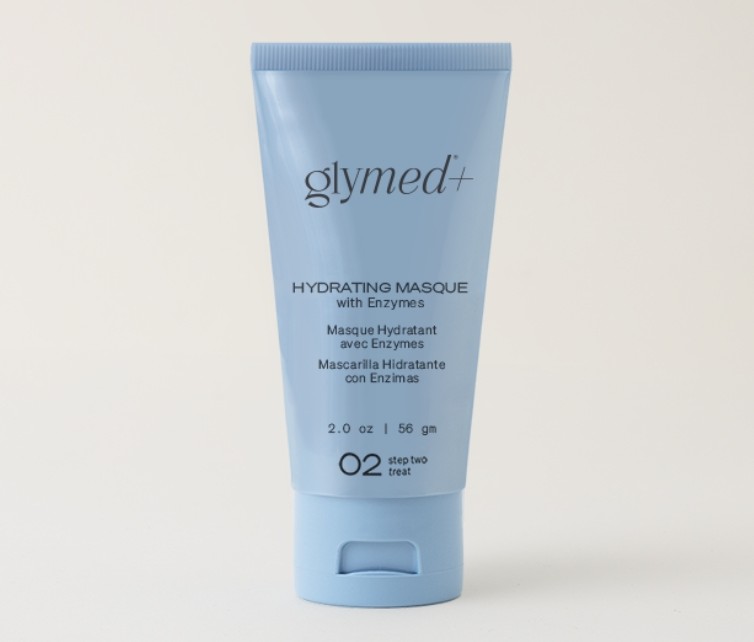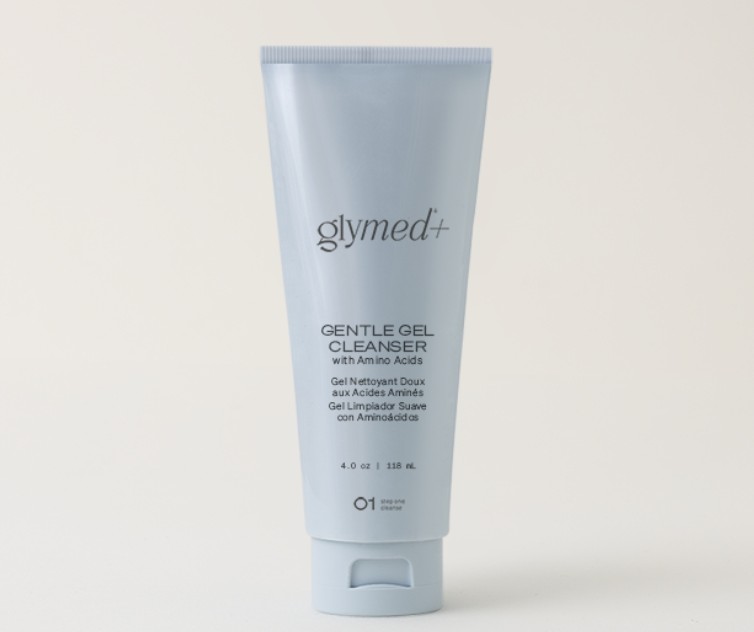Recognizing sensitive skin symptoms helps you avoid irritants, choose suitable products, and maintain skin health. Also, understanding your skin’s sensitivities can guide you in creating a skincare routine tailored to your skin’s needs, promoting long-term skin health. Here are the most common symptoms, you could have one or multiple.

Redness, persistent redness, especially after using a specific product, could indicate irritation. Stinging or Burning Sensation, if you experience stinging or burning when applying a product, it might be too harsh for your skin. Itching, continuous itching, especially in the areas where you’ve applied a product, is be a sign of irritation.
Dryness or Flakiness, excessive dryness or flakiness that wasn’t present before using a product could indicate a negative reaction. Bumps or Pimples, if you notice new bumps, pimples, or acne-like breakouts after using a product, it might not be suitable for your skin. Swelling, swelling or puffiness, especially around the eyes or on the face, could be a sign of an allergic reaction.
5 Anti-inflammatory foods to reduce inflammation that contributes to sensitive skin!
Tightness, if your skin feels tight or uncomfortable after using a product, it could be too harsh for your skin.
If you experience any of these signs, stop using the product immediately and switch to a gentle, soothing skincare routine. If the irritation persists or is severe, consult a dermatologist for further advice.


